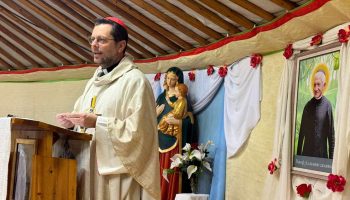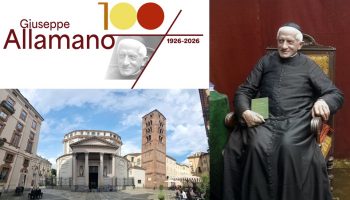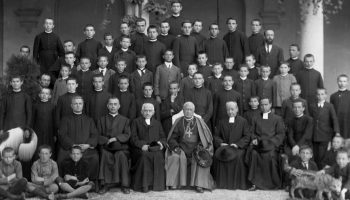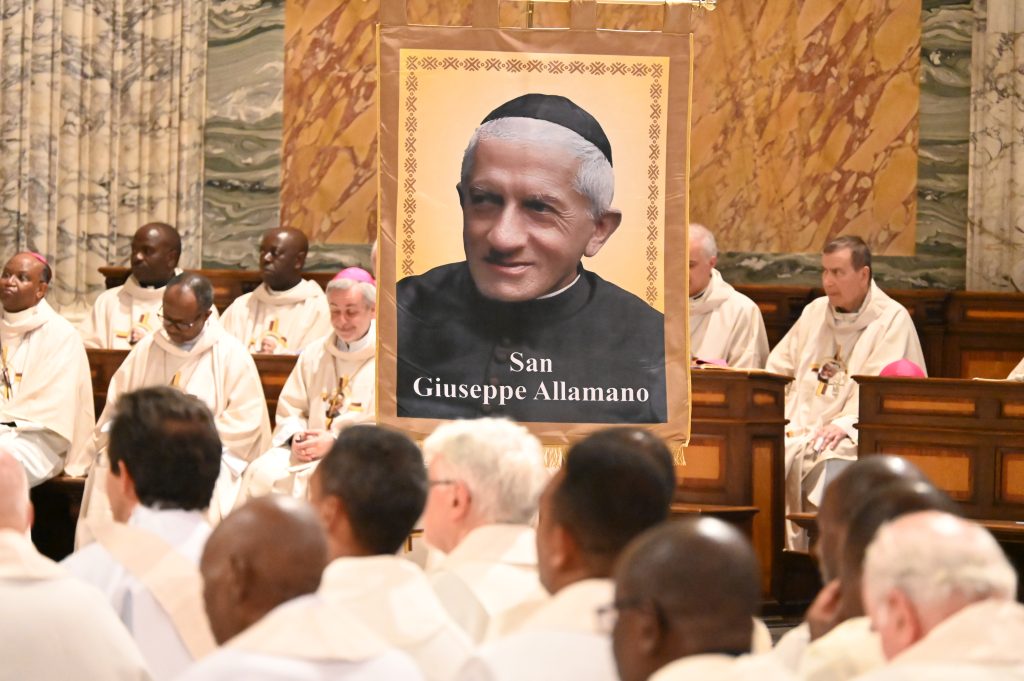
“This is God’s will that you be saints” (1 Thessalonians 4,3).
We can now proudly call our Founder Saint Joseph Allamano!
By Ssempala Wakahora *
Is it a surprise that he has become one? I think to the negative! St. Joseph Allamano, as we can see from his words above believed that sanctity was a fundamental and primarily a Christian calling. In his understanding, talking of sanctity was not based on the process of beatification and canonisation, hence being elevated to the table and level of the Saints. No! The kind of sanctity that St. Joseph Allamano talks about is a way of Christian living, by, following the commandments of God and the Church, exercising the Christian virtues and the perfect performance of the duties of one’s state of life.
St. Joseph Allamano, therefore, gives such Christian orientation of life as the path to sanctity. This applies to all baptised Christians. This applies to our parishioners in our various missions, applies to our political and civil leaders, it applies to young people in schools and universities and any other person that is marked by the sacrament of baptism. Baptism therefore is the sacrament that calls us to sanctity.
Now, St. Joseph Allamano asks, ‘if this is the will of God for all Christians, how much more does he ( God) expect from those to whom He has given the Holiest of Vocation?’ It is good to note the words “Holiest Vocation”. It gives us an understanding how Allamano viewed the Priestly and religious calling. As a holy calling. Meaning, the call itself was holy. Being a holy vocation, it provoked and aided anyone who responded to this calling to the same holiness. This holiness is the one St. Joseph Allamano focused on.
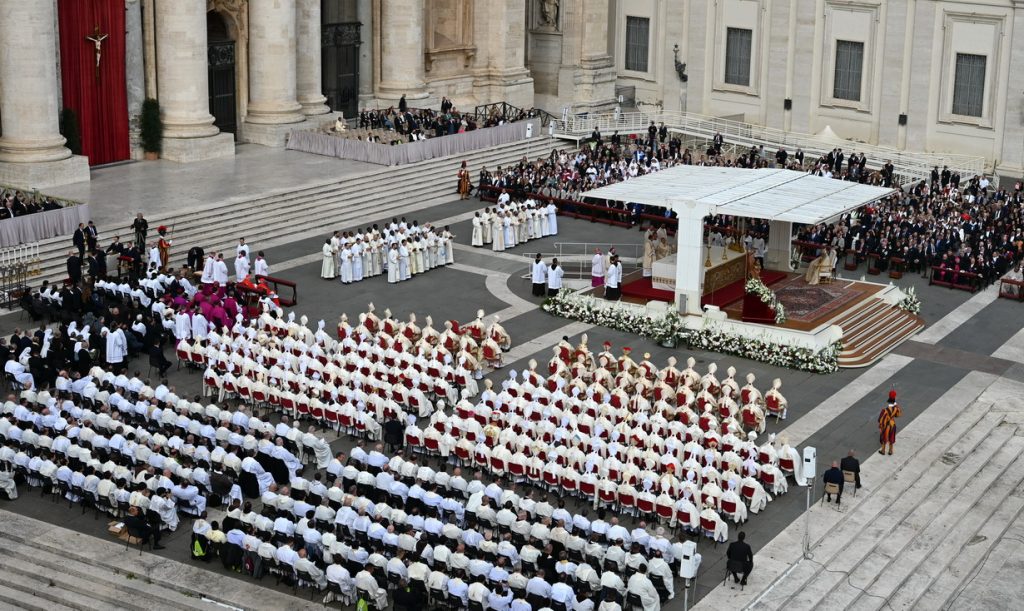
What am I insinuating?
It is the fact that, St. Joseph Allamano did not first focus on this particular day of his Canonisation. He focused on sanctifying his life, leaving well his Christian calling following the commandments of God, the teachings of the Church and exercising the Christian virtues in his calling as a Diocesan Priest. This is what he also wished for himself and for his sons and daughters of the religious Congregation called Consolata Missionaries.
That you become saints: this is my principal concern and my constant preoccupation. It is not enough that God has given you a very special vocation nor is it enough that you enjoy its benefits and advantages. You must appreciate it and pursue the perfection it presupposes. This is our goal: to become saints, great saints, saints as soon as possible. As men and women religious you have the strict duty to respond to your vocation. (Cosi vi Voglio 1,6)
The extraordinary in the ordinary
The holiness I want for you is not that you perform miracles. but that you do all things well. There is a striking passage in the Gospel: after Jesus had cured the deaf mute the crowds remarked, “He has done all things well” (Mark 7,37). Would it not have been more appropriate after the miracle to say, “We have seen wondrous things” (Luke 5,26)? And instead, they say “He has done all things well!” This is the highest praise people could give Jesus. Not only in extraordinary things but in ordinary, common things he did everything well. These words should be written on our walls and when we die, on our tombstones: Bene omnia fecit – He has done all things well. (Cosi vi Voglio 1,5)
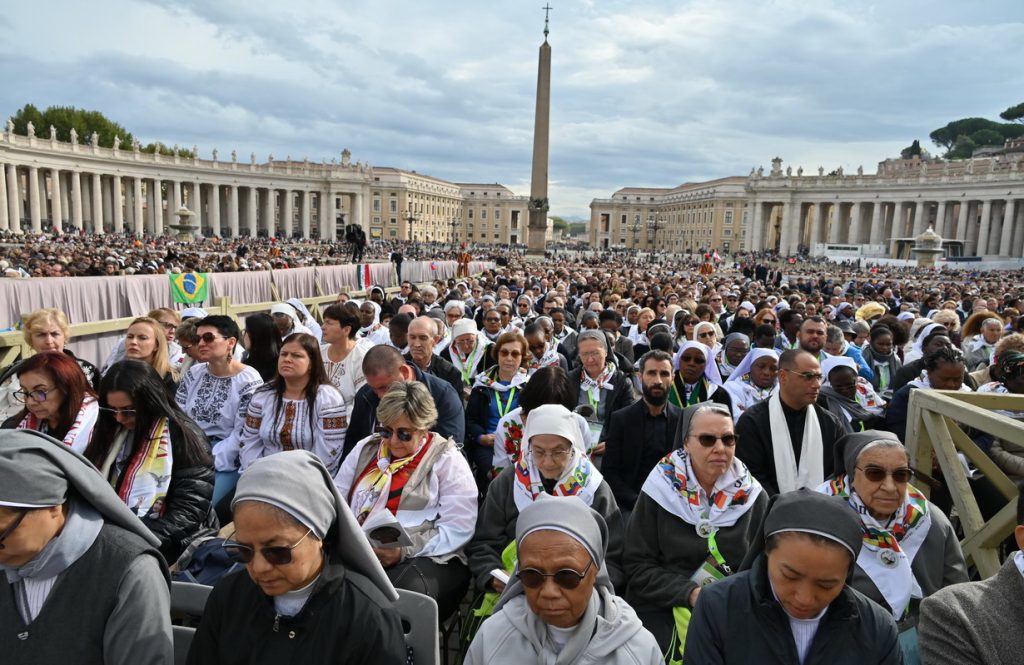
This call to doing ordinary things in an extra-ordinary way is an aspect that is absolutely relevant and important in our congregation, Christian life and professional world. Our Founder really disliked lukewarmness, laziness and indifference. There success of any organisation is vested upon the members of that organisation, the failure goes without saying too.
In this regard, our Founder wanted us to do well our duties, cleaning, washing, studying, praying, sleeping or resting, etc. I believe he also hated exaggeration, or the other extremes. Doing things in an ordinary way means having a sense of professionalism and decency in the duty we are given. Again, this is not just relevant to the religious men and women our two institutes, it involves, teachers, nurses, catechists, social workers, cleaners, businessmen/women, policemen/women, parents, children, etc… These words are relevant to all of us.
Just imagine going to a public office and finding a very professional assistant at the desk, who welcomes you, assists you with whichever need you came for, salutes you with a wish of a good day…etc. There is such a feeling that that person is good! Funny enough, that person just did his/her duty, yet there is that extra that comes along with the duty, ie, doing that ordinary duty in a very extraordinary way. You leave contented.
Sanctity, therefore, comes from such small gestures that leave an impact in someone’s life.
Doing everything well without noise
The second aspect and pillar of Sanctity according to our Founder is ‘Doing everything well, without noise”. In the current world full of the social media influence, celebrity status and self-exultation, I wonder what St. Joseph Allamano would say or do in such a world. This man cherished simple life, humble life and actions that make an impact other than the self. At times our Ego risk being overwhelmed by how much we are known, or we are influential to the society to the point of having self-referential attitude. For our Founder, the good is do be done well…yet without noise. “We are merely servants, and we have simply done our duty.” (Lk 17:10).
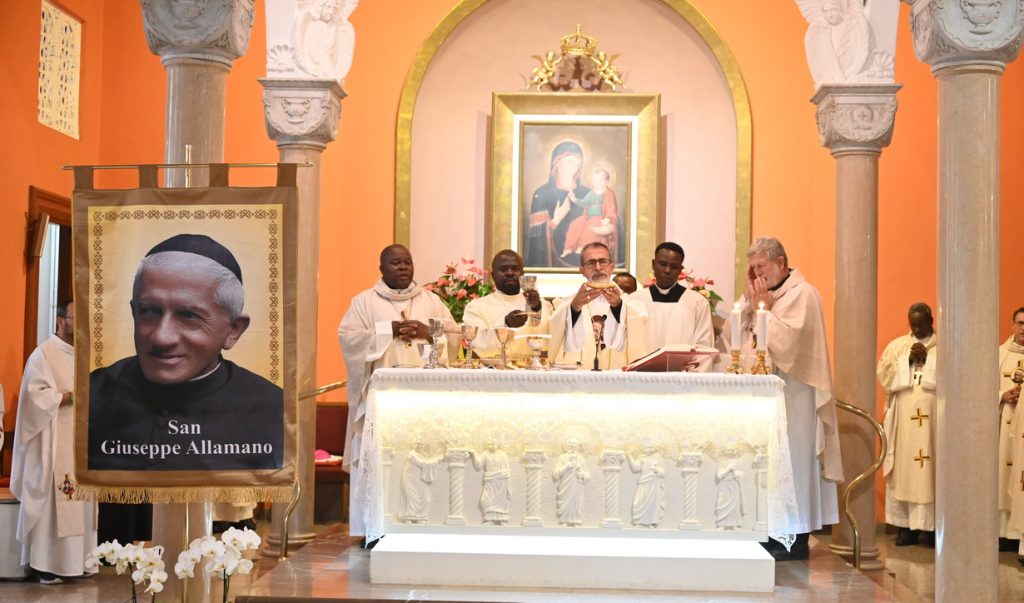
To do good well. And how can we do all things well? St. Joseph Cafasso offers us some suggestions. The first is that we do everything as the Lord would do it. We must model ourselves on Jesus and do everything as He would do it so that it is He who lives and works through us. We must ask ourselves, “If Jesus was in my place what would he do? Would He think what I am thinking? Would He say what I am saying? Would He do what I am doing?” I want each of you to be a living image of the Lord. All the saints strove to model themselves on the Lord. Another suggestion is, perform every action as if it were the last one of your life. Whatever you do, do it so you are satisfied even if death were to strike you immediately afterwards (Cosi vi voglio 1,6).
Pope Francis message
The message of Pope Francis during his homily encouraged all of us was simple. “Those who dominate do not win, only those who serve out of love. When we learn to serve, our every gesture of attention and care, every expression of tenderness, every work of mercy becomes a reflection of God’s love”.
Doesn’t this resonate with the life and teachings of St. Joseph Allamano? The Pope went on to add that the new saints canonised together with our Founder Joseph Allamano….”The faith and the apostolate they carried out did not feed their worldly desires and hunger for power but, on the contrary, they made themselves servants of their brothers and sisters, creative in doing the good, steadfast in difficulties and generous to the end.”
Pope Francis Canonised 14 Saints of whom, eight Franciscan friars, including Manuel Ruiz López, and three Maronite laymen who were martyred in Syria in 1860. Seven of the Franciscans were from Spain and one was from Austria while the Maronite laymen were blood brothers. They were murdered in St. Paul’s Church and convent in Damascus the night between July 9 and 10, 1860, by Druze militants.
Canada-born Mother Marie-Léonie Paradis, founder of the Little Sisters of the Holy Family. Born in L’Acadie, Quebec, in 1840, she had various teaching assignments in Canada before being sent to teach at St. Vincent’s orphanage in New York. She died in 1912 in Sherbrooke, Canada.
Sister Elena Guerra (1835-1914), an Italian nun who founded the Oblates of the Holy Spirit.
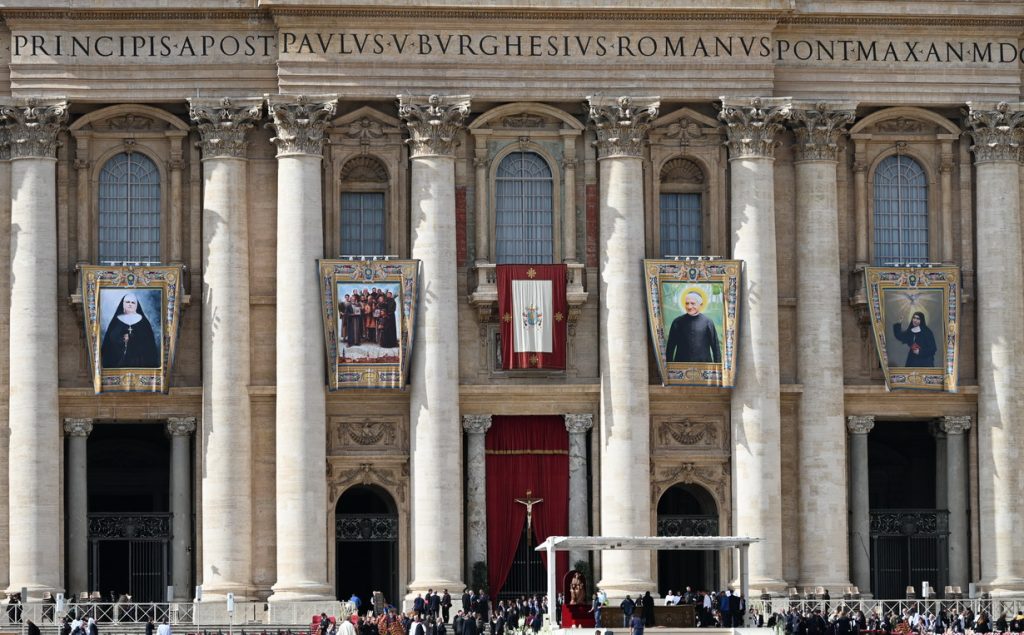
Representations across four different continents
It was such a great day seeing the larger Consolata family with representations from Africa to America, Asia to Europe. We had our Consolata Bishops from all these continents, priests, religious priests and brothers, Consolata lay missionaries, other lay groups and parishioners.
We thank God for the gift of these saints in the Church. We thank God for the gift of St. Joseph Allamano, who loved the mission, the missionaries and those being missioned. This new Saint is watching over us, we the Consolata Missionary family spread across four continents of the world, a family that has religious priests, sisters, brothers, lay missionaries and many Consolata friends. May our founder St. Joseph Allamano pray for this great Consolata family!
* Father Ssempala Wakahora, IMC, missionary in South Africa.

